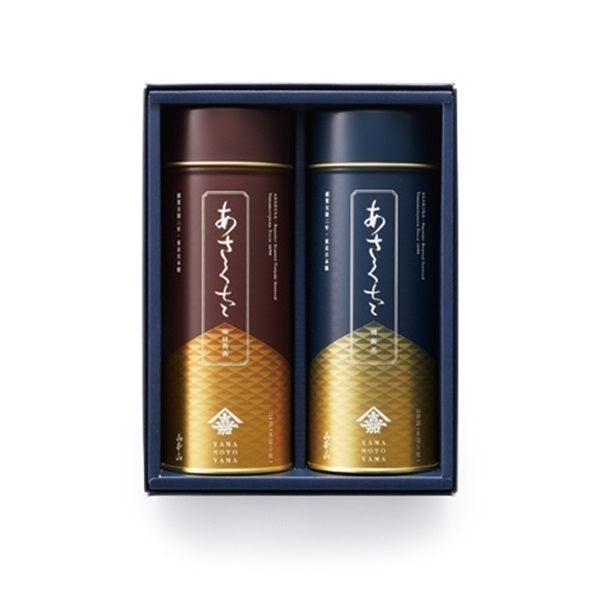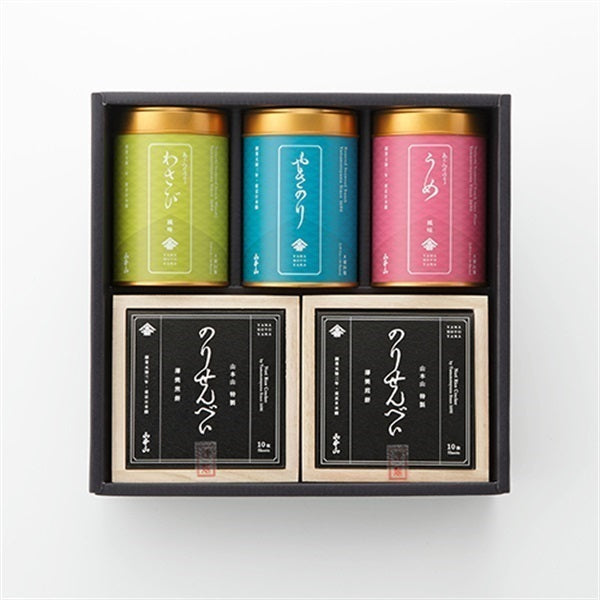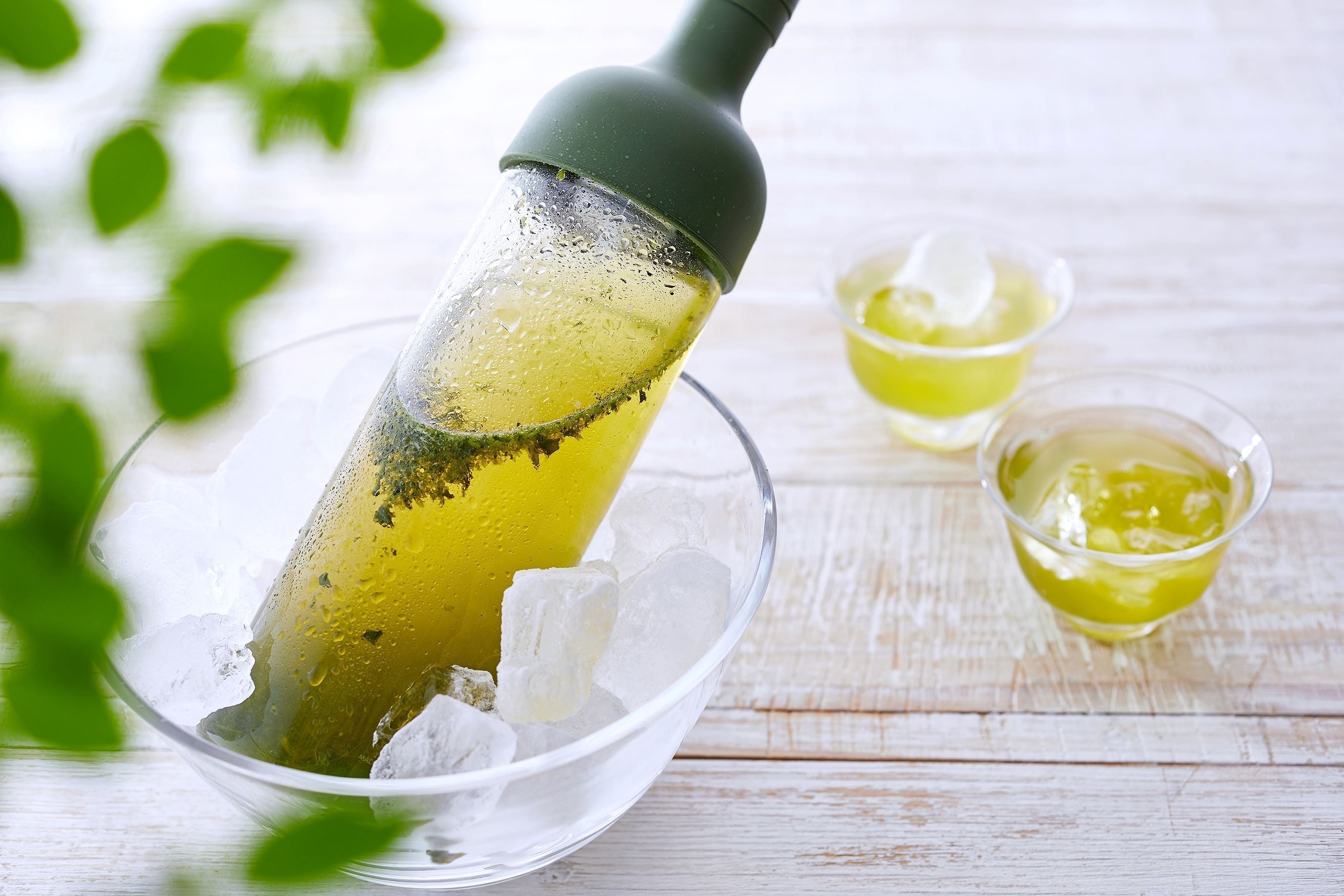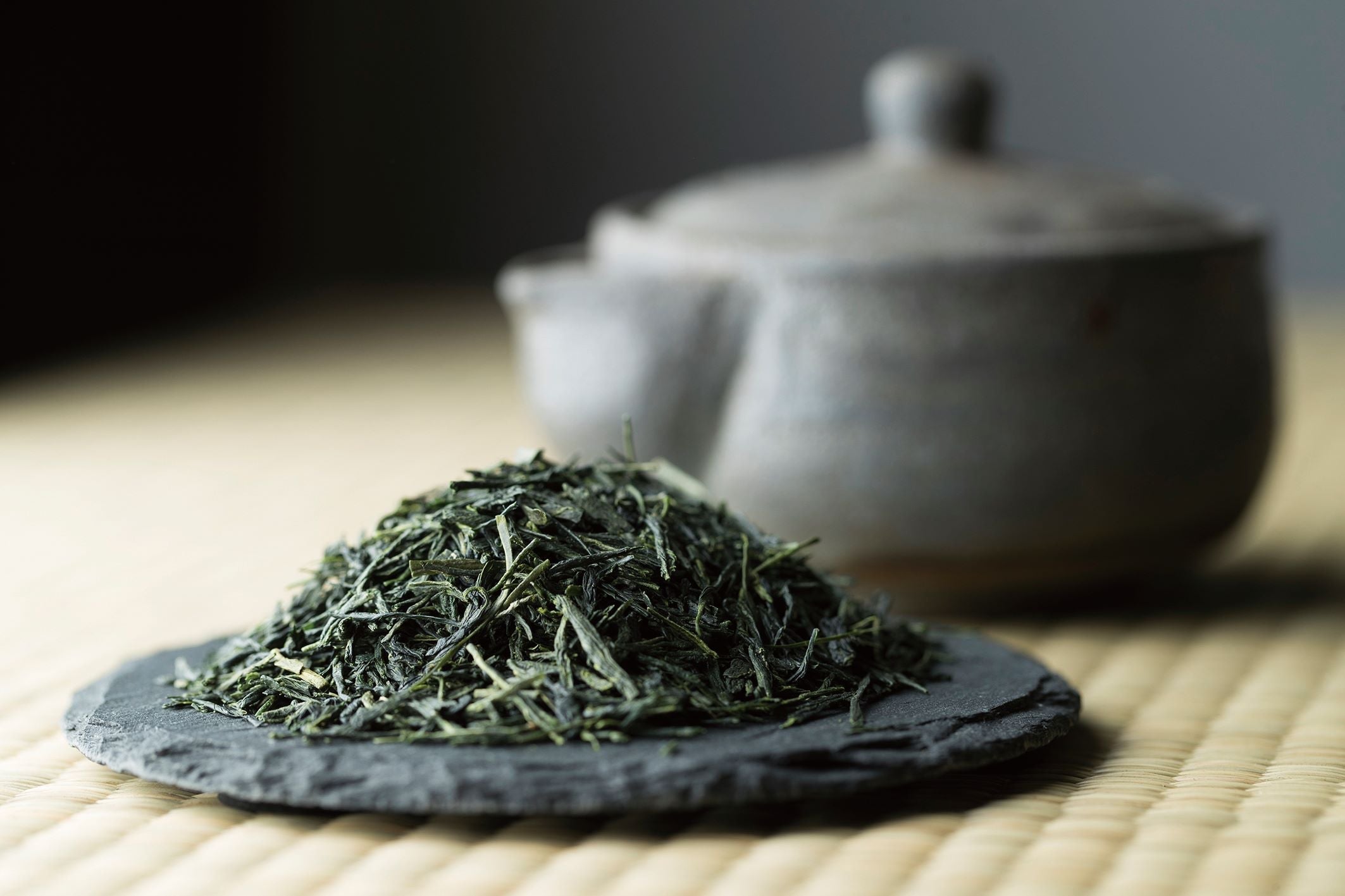
A summer staple! What are the surprising health benefits of barley tea? | Is it true that it can prevent tooth decay and lower blood sugar levels?
Introduction
Mugicha, which is enjoyed by many people not only on hot days but also as a daily tea to hydrate them, is made by boiling or infusing roasted barley.
Barley tea is a tea characterized by its fragrant barley aroma and is often thought of as a summer drink, but it can also be enjoyed warm in the winter.
The reason it is considered a summer staple is that barley is harvested in early summer, and barley tea tastes particularly good in summer, which is why this image came about.
Barley tea contains almost no caffeine or tannins, so it can be safely consumed by people of all ages, from children to adults.
The types of barley commonly used for barley tea are Rokujo and Nijo.

Barley tea was also drunk by warlords during the Sengoku period
The history of barley tea is very old, with records showing that it was drunk by aristocrats during the Heian period and by military commanders during the Sengoku period.
During the Edo period, food stalls selling barley tea appeared, and it spread among the common people and became a standard summer drink.
After the Meiji period, barley tea spread throughout the country. This is said to be due to the development of railways and ships, which made it easier to transport barley.
Unlike today, hot barley tea was commonly consumed at the time. It is said that the habit of drinking "cold barley tea" as we know it today became widespread after the 1950s when refrigerators became widespread.

The main components of barley tea
1. Carbohydrates
Barley tea contains carbohydrates, which are used as an energy source in the body.
2. Dietary Fiber
Barley tea is also rich in dietary fiber, which helps regulate the intestinal environment, relieve constipation, and lower cholesterol levels.
3. Minerals
Barley tea is rich in minerals such as potassium, magnesium, calcium, and phosphorus.
Potassium helps to excrete excess sodium from the body, and is effective in preventing high blood pressure and relieving swelling.
Magnesium helps maintain normal muscle and nerve function and relieves fatigue, while calcium is an essential mineral for the formation of bones and teeth. Phosphorus plays an important role in energy metabolism and cell membrane formation.
4. Vitamins
Barley tea contains vitamin B and vitamin E.
B vitamins play an important role in energy metabolism and nervous system function.
Vitamin E has an antioxidant effect and is said to be effective in preventing aging and lifestyle-related diseases.
5. Other
Barley tea also contains ingredients such as polyphenols and gamma-aminobutyric acid (GABA).
Polyphenols have antioxidant properties that lead to anti-aging, and are said to be effective in preventing arteriosclerosis and cancer.
GABA is a type of neurotransmitter in the brain that is said to have a relaxing and stress-reducing effect, as well as maintaining skin elasticity and improving sleep quality.

The amazing health benefits of barley tea
As mentioned above, barley tea is rich in various ingredients and has many beneficial effects on the body.
In addition to the above, the water-soluble dietary fiber beta-glucan contained in barley is said to have the effect of lowering cholesterol and post-meal blood sugar levels.
In addition, the aromatic component of barley tea, alkylpyrazine, is said to improve blood flow and prevent arteriosclerosis. It is expected to have the effect of suppressing blood pressure rise and blood clot formation.
Furthermore, barley tea has the effect of suppressing the production of Streptococcus mutans, which induces tooth decay, making it ideal for preventing tooth decay.
Drinking barley tea before going to bed makes it harder for cavity-causing bacteria to attach to your teeth. Barley tea does not contain tannins, so there is no need to worry about staining your teeth, making it a great way to hydrate after brushing your teeth.

summary
What do you think? I'm sure there are many people who didn't know that barley tea has such great health benefits.
Drink it hot in the winter as well as in the summer. Please try incorporating barley tea into your daily routine.




